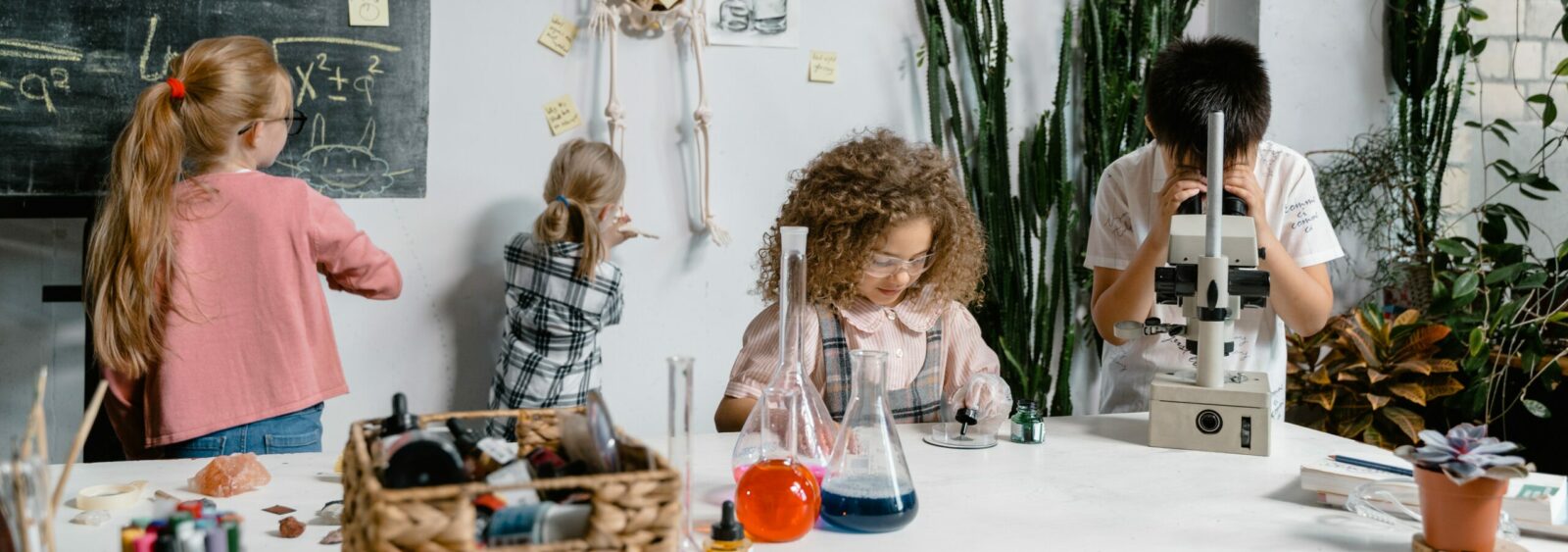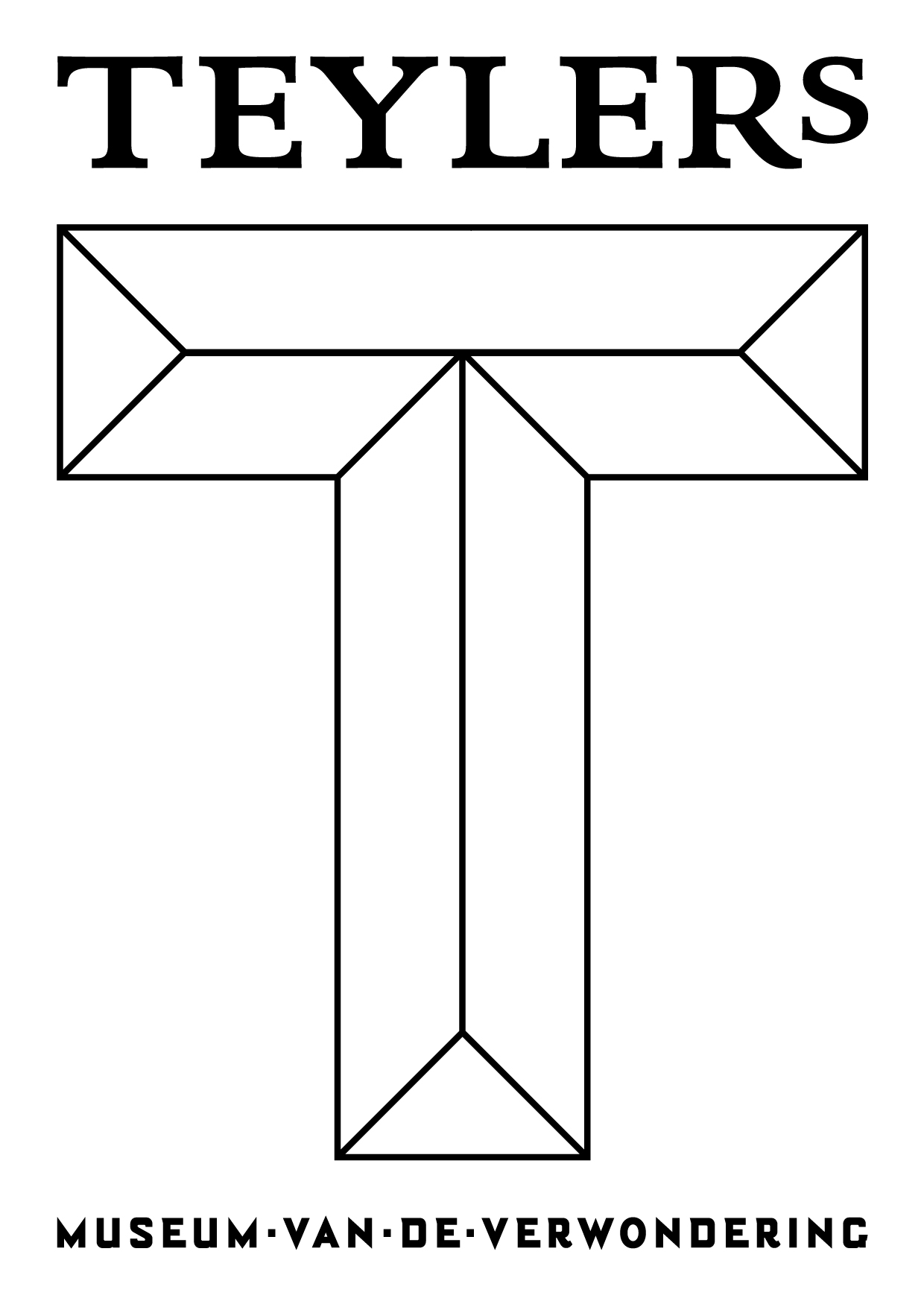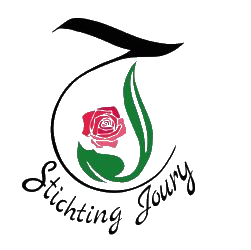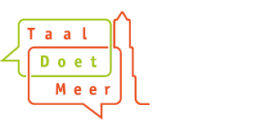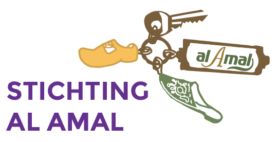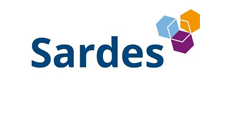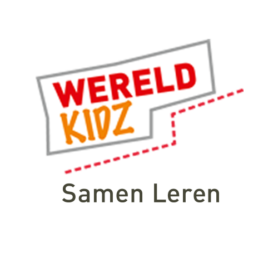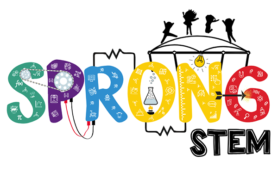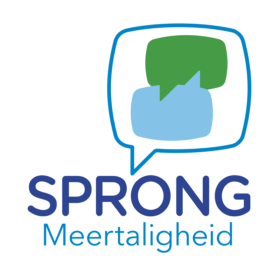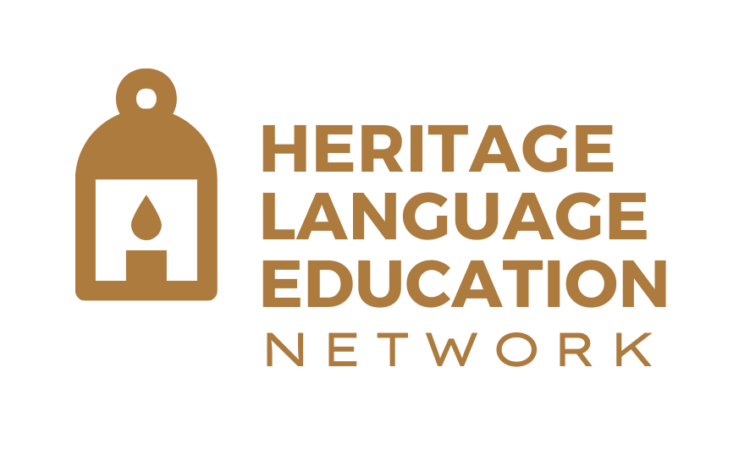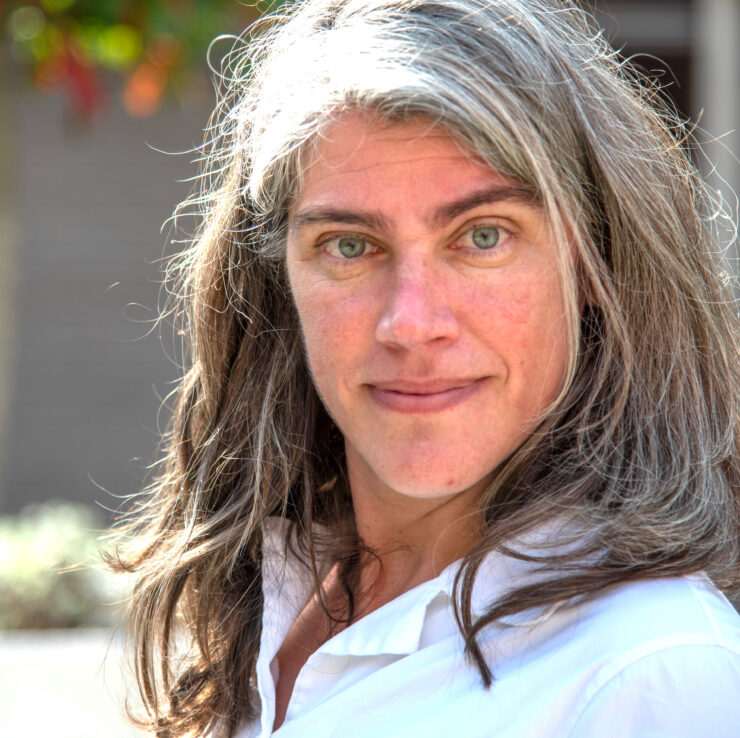
Elma Blom
Head Project Leader
Elma is a Language Development and Multilingualism Professor in Family and Education at Utrecht University. Her background is in Dutch language and literature, specialising in formal linguistics and sociolinguistics. During her PhD and doctoral training, she focused on (a)typical language development and children growing up in a multilingual environment. As the project leader, Elma keeps an overview of the project, the consortium, and the outcomes of Multi-STEM. Additionally, she co-supervises all three PhD students on the project. We know that multilingualism can create barriers. What she would like to achieve with Multi-STEM is that, instead, multilingual practices enrich the interaction, learning, and teaching experiences of children, families, and educational professionals.
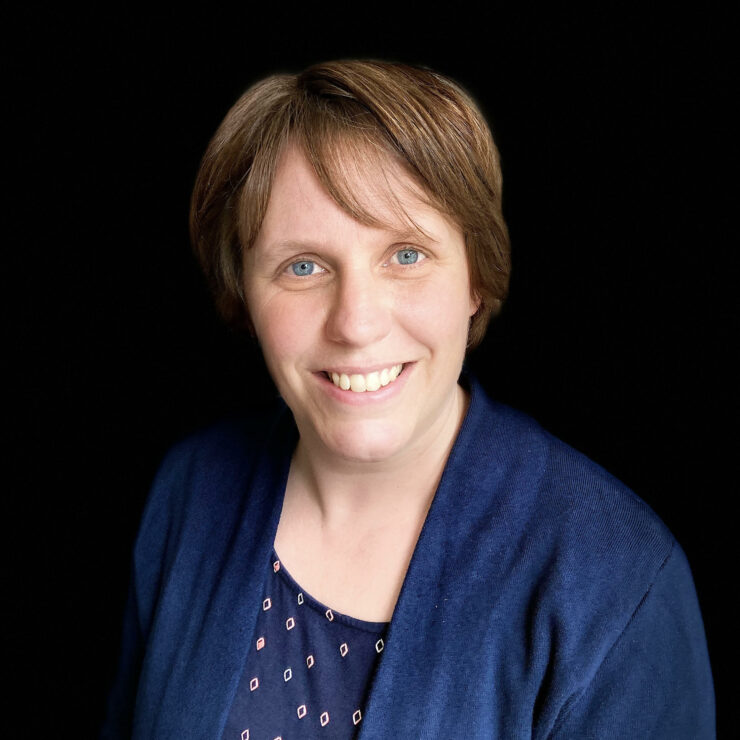
Jantien Smit
Subproject Leader
Jantien is a Professor in the Multilingualism and Education research group at the University of Applied Sciences Utrecht. She has a background in scaffolding language in multilingual mathematics classrooms. Her research focuses on multilingualism in primary education, language-oriented math and science education, the scaffolding of language, and teacher professionalization. Jantien is the co-project leader for Multi-STEM and also keeps an overview of the consortium and its 31 partners. She is also the leader of the subprojects ‘School’ and ‘Science Museums’ and supervises the two PhD students.
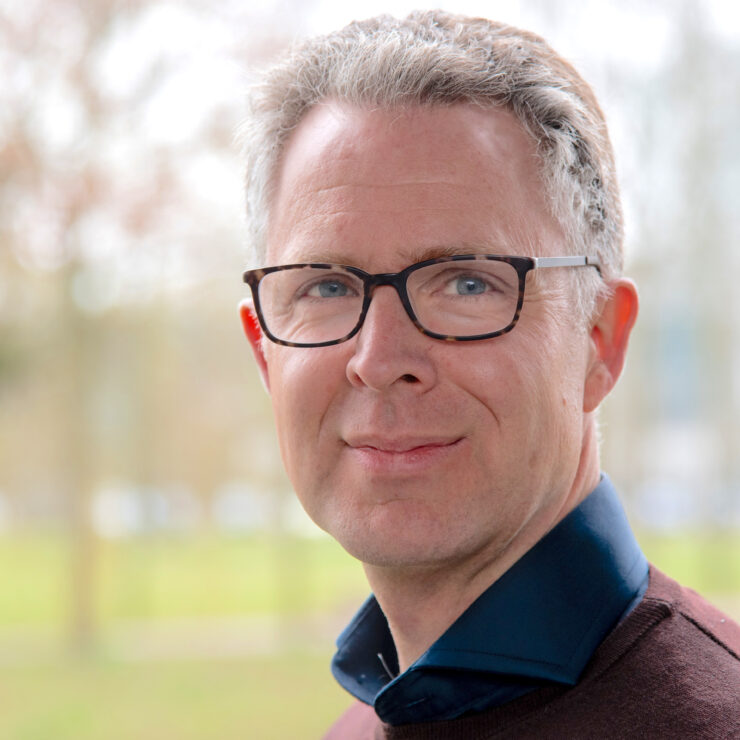
Arthur Bakker
Subproject Leader
Arthur is professor of STEM Education and Curriculum at the University of Amsterdam. He is director of the Research Centre for Curriculum Studies. He has a background in mathematics and worked as a mathematics teacher in secondary education. In addition to STEM education, his research interests include boundary crossing, scaffolding, and design research. Arthur is the leader of the subproject ‘Boundary Crossing’ which is conducted by the postdoctoral researcher, Mirona Moraru. This subproject aims to conceptualize translanguaging as boundary work and to develop a methodological approach for studying translanguaging across the contexts of home, school, and museums. The project further aims to develop a rich and nuanced conceptualization of translanguaging practices and establish an empirical basis for making decisions on how to stimulate multilingual practices.
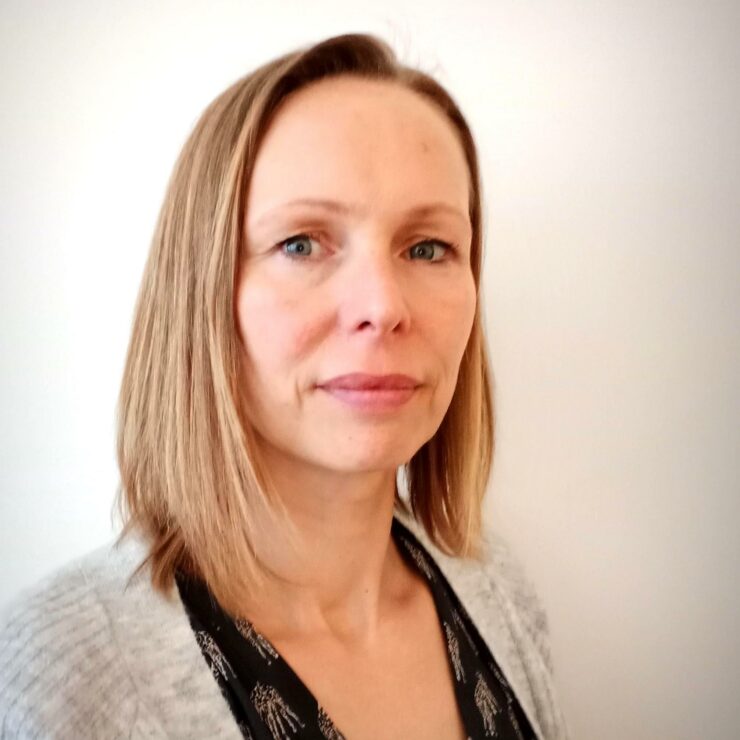
Eva van de Weijer-Bergsma
Subproject Leader
As an Assistant Professor at Utrecht University, Eva’s work focuses on the role of parents and teachers in child cognitive development and mathematical learning. Their background is in developmental neuropsychology and during their PhD and doctoral training, they focused on parent and teacher influences on child cognitive development as well as differentiated math education. Eva is the leader of the subproject ‘Home’ and co-supervises the PhD student. They keep an overview of how to involve parents, which theoretical frameworks are relevant, the design of the study, and which factors are relevant for translanguaging strategies and mathematical learning. In Multi-STEM they hope to contribute to multilingual children feeling a stronger sense of belonging and improved mathematical learning.
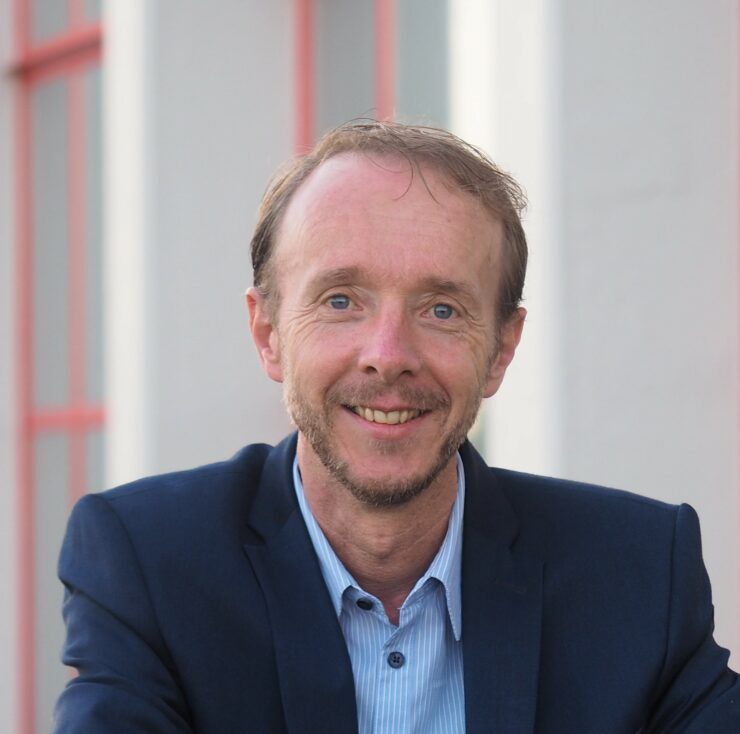
Gerald van Dijk
Subproject Leader
Gerald is a teacher educator and researcher in the Curriculum Development in Primary and Secondary Education research group at the University of Applied Sciences Utrecht. In his PhD research, he developed a training for science and technology teachers to become more language sensitive. Gerald is the leader of the subproject ‘International’ which involves international collaboration with both the University of Malmö and Lund University in Sweden. For decades, the Swedish society and educational system have had a positive climate concerning multilingualism. In Sweden, they foster multilingual development and translanguaging in education. Through this collaboration, Multi-STEM expects to identify fruitful conditions for the use of multilingual resources in education.
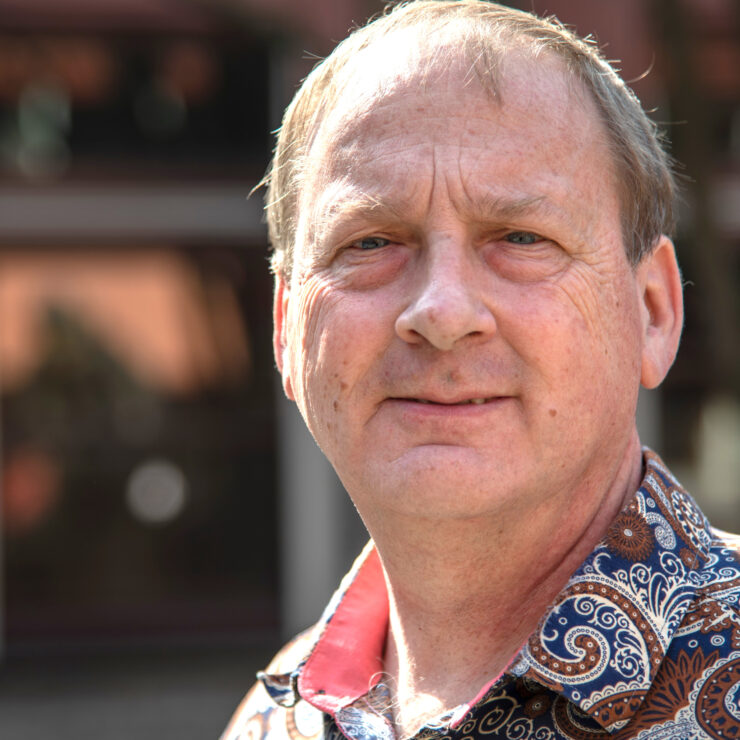
Ronald Keijzer
Subproject Leader
Ronald studied mathematics, worked as a primary school mathematics teacher, and did his PhD on fraction learning at the Ronald is a Professor of Applied Sciences in Mathematics Education at the IPABO University of Applied Sciences in Amsterdam. He has a master’s degree in mathematics and a PhD in mathematics education. Ronald worked for 34 years as a teacher educator in primary education. His present activities focus on professionalizing primary school teachers in mathematics education and collaboration in professional learning communities. Ronald is the leader for the subproject ‘Towards Societal Change’ working together with the project coordinator Shaunna Calpin to identify how Multi-STEM’s outcomes can be shared with teachers, other education professionals, and parents. In Multi-STEM he would like to facilitate collaboration and information exchange between science centres, family associations, education professionals, and parents.
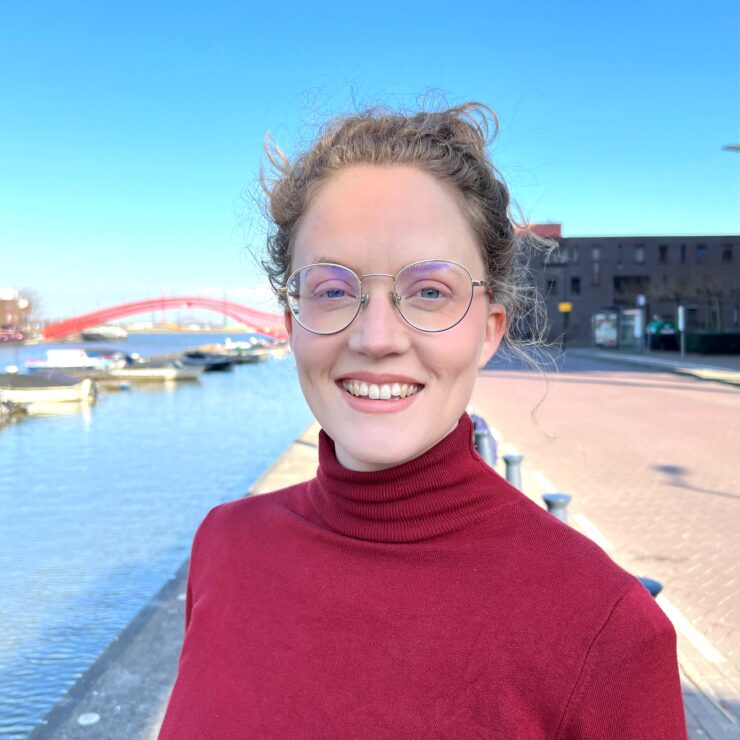
Shaunna Calpin
Project Coordinator
Shaunna has a background in Global Affairs & Religion with a focus on public issues. She has worked in the public sector for 5 years and her interests include efforts to facilitate the inclusion of people with a migration background, low literacy, and other minority groups. As the project coordinator, Shaunna is responsible for the consortium and its 31 partners. She’s a sparring partner for the MT/PhDs and supports the leadership team by keeping an overview/ assisting the different timelines and deliverables in the project. Furthermore, she works together with Ronald on the subproject ‘Towards Societal Change’ to identify how Multi-STEM’s outcomes can be shared with stakeholders. Through Multi-STEM she hopes to contribute to multilingual children (with migration backgrounds) feeling seen and heard at school.
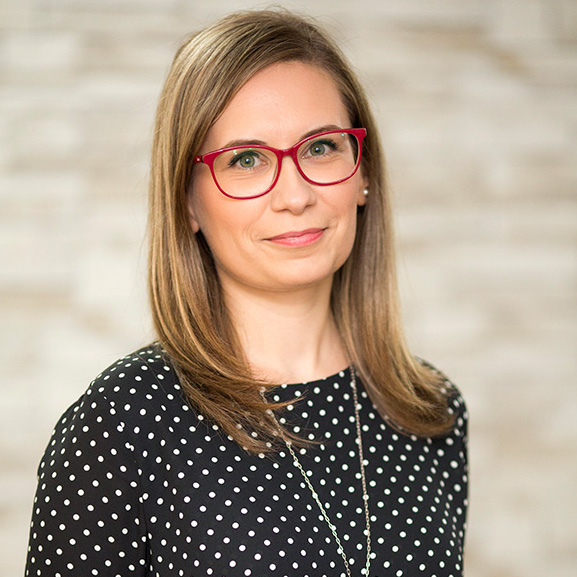
Mirona Moraru
Postdoctoral Researcher
Mirona has explored the relationship between language and migration both in her PhD in Language and Translation Studies (Cardiff, UK) and during her experience in the field of Foreign Language Teacher Training (Chile). Mirona’s postdoctoral research (subproject ‘Boundary Crossing’) aims to develop an overarching conceptual framework for translanguaging as a form of boundary crossing. Her work builds on insights from the three PhD projects to explore the mechanisms involved in children’s participation across different learning contexts. Mirona hopes to contribute to a better understanding of the affordances of translanguaging in different learning settings.
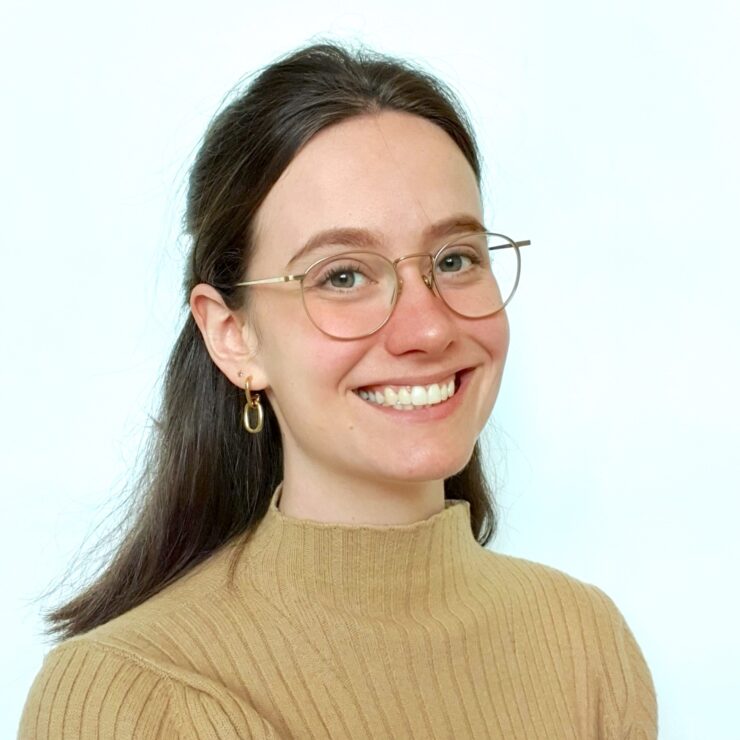
Lianne Stolte
PhD Researcher
Lianne has a background in linguistics and a general interest in inclusive education. Her PhD (subproject ‘School’) studies how multilingual children can benefit from learning in their home language. Together with a team of both researchers and practitioners, she will develop, implement, and evaluate multilingual strategies for teachers and their students in primary education. One of her aims is to find out how to support teachers in developing certain multilingual practices. Close collaboration with practice is a fundamental element of her research.
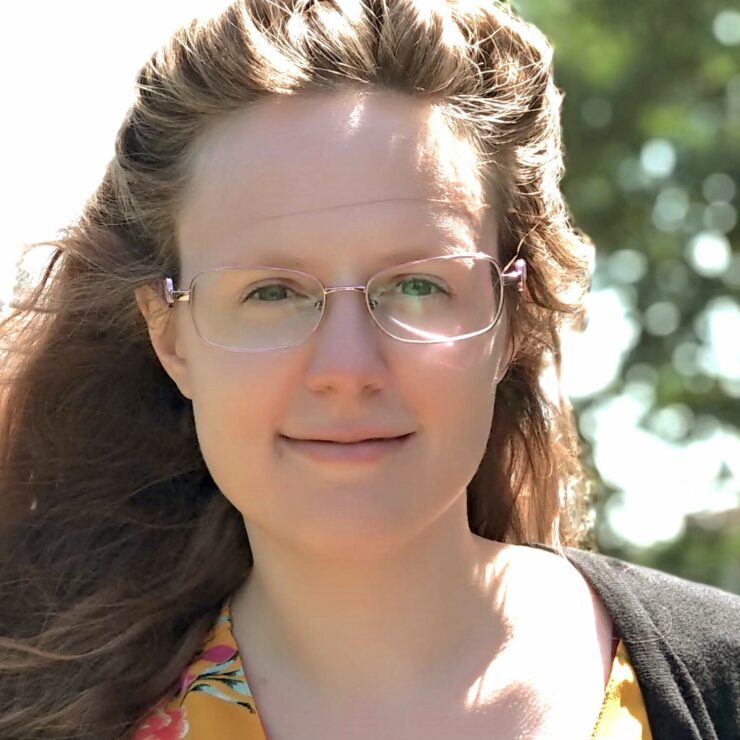
Lucía Chisari
PhD Researcher
After her studies in biological sciences, Lucía went on to work and do research in science education. She came to the Netherlands from Argentina in 2017 to follow a master’s in Educational Sciences. Her PhD (subproject ‘Science Museums’) aims to develop translanguaging strategies that promote the participation of multilingual children with migrant backgrounds (and their families) in science museums. In Multi-STEM, she hopes to learn more about what the challenges and opportunities are for science museums to use multilingual children’s home languages.
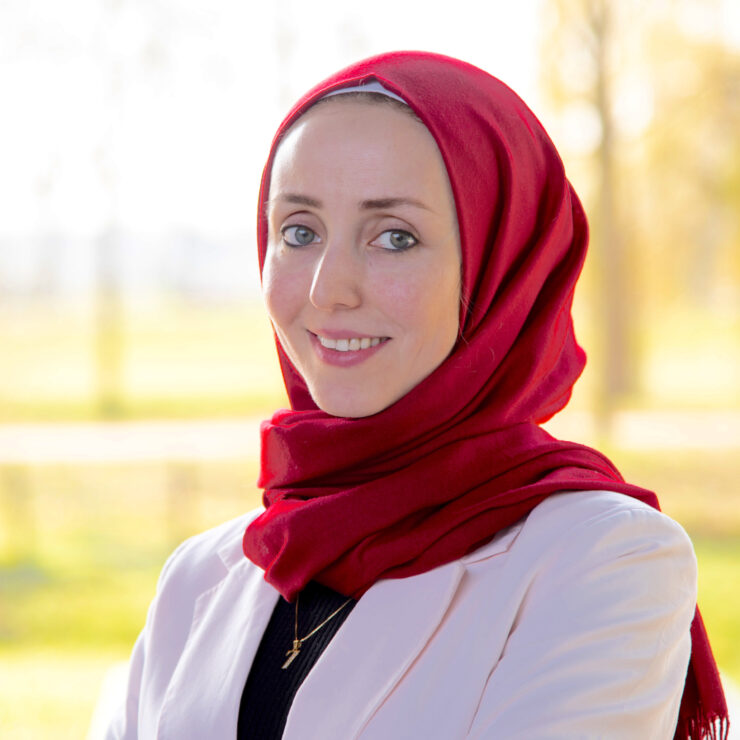
Zahraa Attar
Researcher
Zahraa is fascinated by languages and their relation to learning. She has a background in linguistics. Her research (subproject ‘Child’) looks at ways to incorporate children’s voices about multilingual strategies both at home and at school. An important motto in her project is “nothing about us without us.” Together with the children, she looks for opportunities to facilitate their learning by using their home language. Empowering the children is essential for achieving her goals.
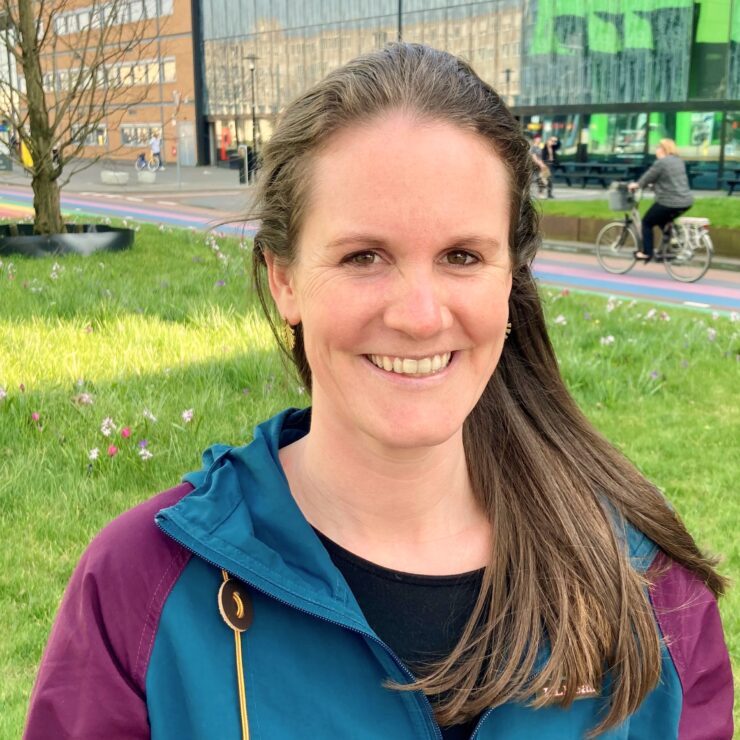
Erin Gail MacDonald
PhD Researcher
Erin Gail MacDonald has a background in sociology and a master’s degree in Urban Sociology. She has worked in math education for almost a decade and finds that math can be a wonderful outlet for creativity and connection. Her PhD (subproject ‘Home’) aims to develop tools for caregivers of multilingual children so that they can be involved in their children’s education in a meaningful, accessible, and fun way. She hopes that multilingual children will be able to participate more holistically in math education by using all of their linguistic resources and knowledge reserves.
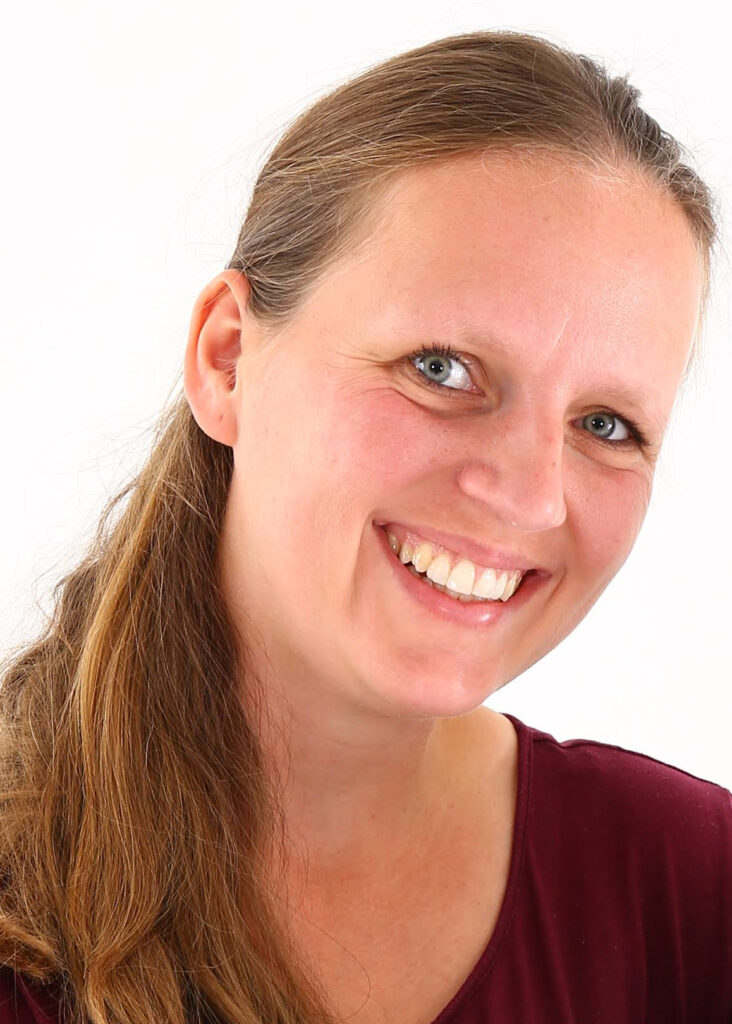
Hanneke ‘t Hart-Baart
PhD Researcher
Hanneke has over ten years’ experience as a primary school teacher and a master’s degree in pedagogical sciences. Her PhD (subproject ‘translanguaging and digital tools’) looks at how digital tools can be valuable resources in enabling multilingual mathematical learning in primary newcomers’ education. She hopes digital tools can give a voice to students and teachers alike as they share knowledge across languages.
